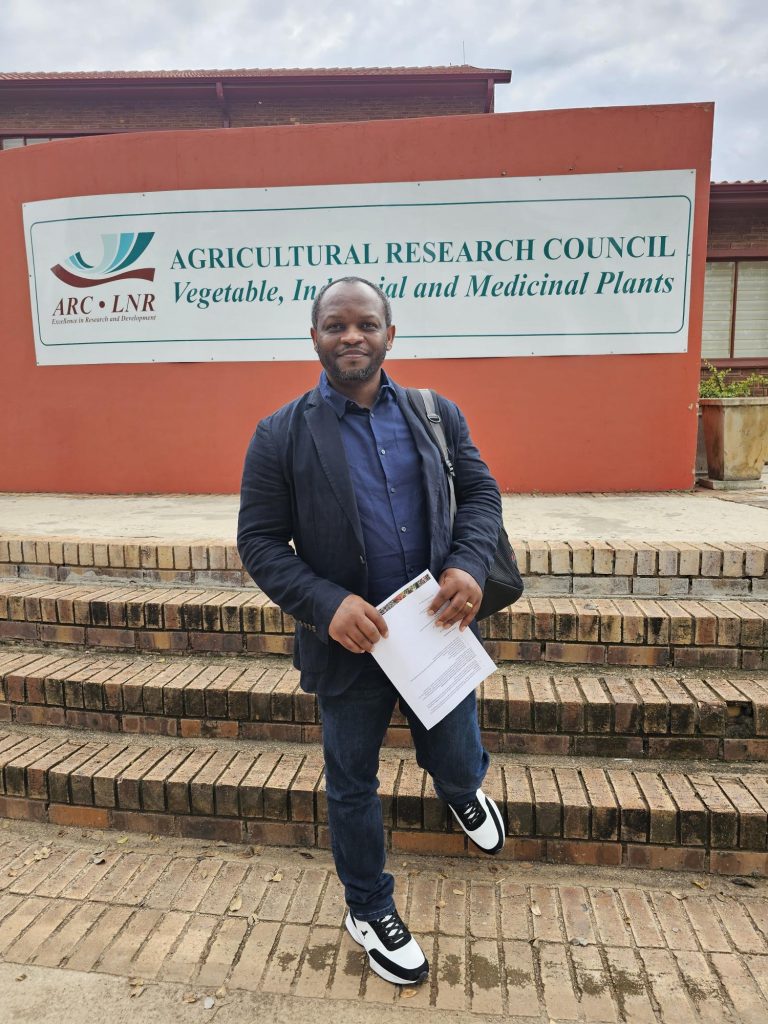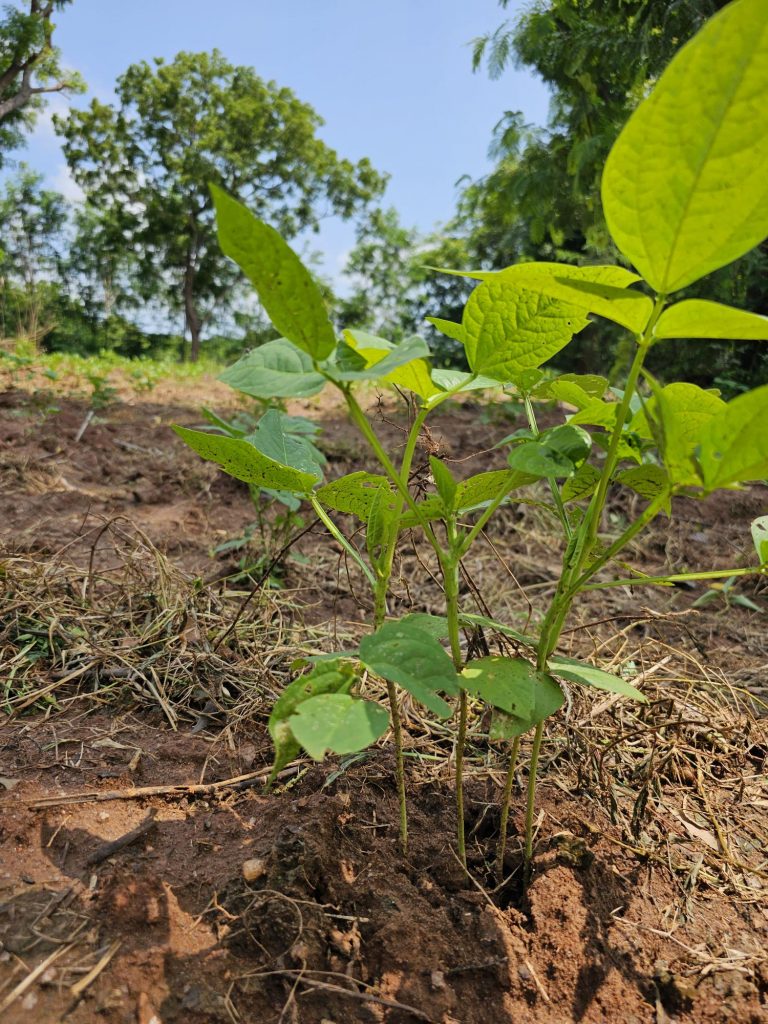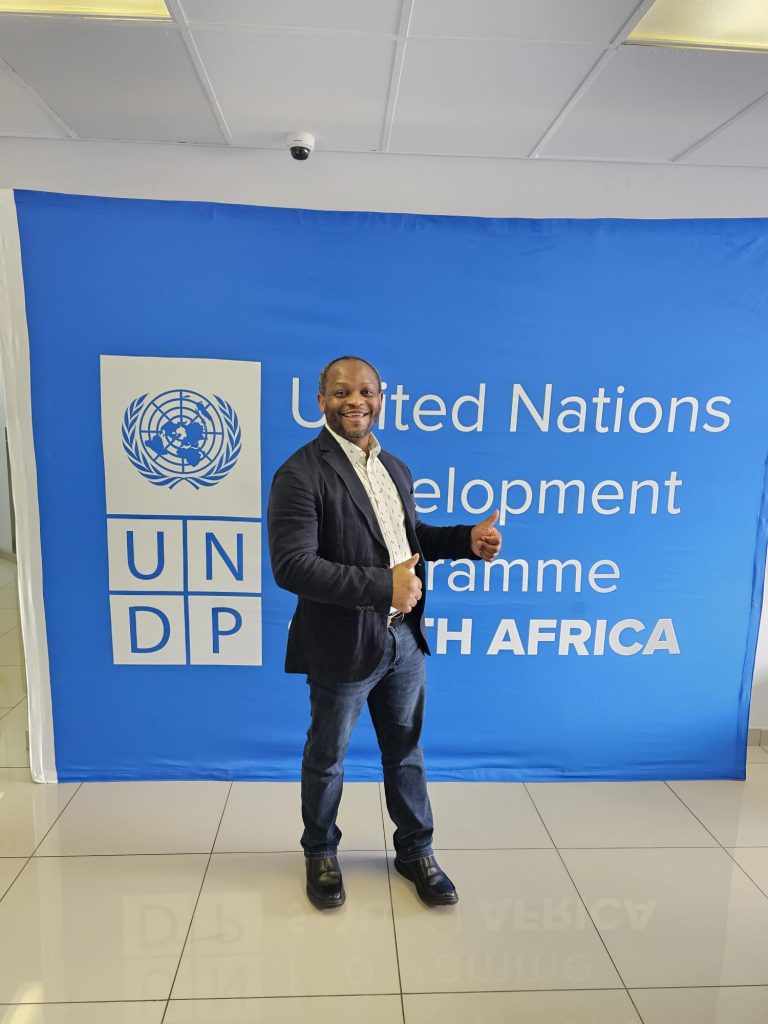Reflections from Prof Aurelian Mbzibain: I have delivered a significant number of project evaluations in the past three years, and a recurring issue relates to the development of transition or sustainability plans. Understanding these challenges is crucial for improving the long-term success and impact of development initiatives.

1. Lack of Local Ownership and Participation
One of the primary reasons projects struggle with sustainability is the insufficient involvement of local communities in the planning and implementation phases. When projects are designed and executed without substantial input from local stakeholders, the sense of ownership among the community remains low. This detachment often leads to a lack of commitment to maintain and continue the initiatives once external support is withdrawn.

2. Insufficient Capacity Building
For a project to be sustainable, the local population must have the skills and knowledge necessary to manage and maintain the project outcomes. Many development projects fail to include comprehensive capacity-building components, leaving local institutions and individuals ill-equipped to take over once the initial project phase ends. It is also important to highlight that in many instances, project teams do not have the experience to facilitate and develop these transition/exit plans.
3. Short-term Funding and Donor Priorities
Donors typically focus on short-term results and measurable impacts within a finite period. Such a focus leads to projects being designed to produce quick wins rather than sustainable, long-term solutions.
4. Inadequate Planning for Transition
Transitioning from external support to local management requires meticulous planning and resources. Many projects do not adequately plan for this transition phase, which includes defining clear roles, responsibilities, and timelines for the handover.
5. Socio-political and Economic Instability
The success of sustainability plans is heavily influenced by the socio-political and economic context in which a project operates. In regions experiencing political instability, economic downturns, or social unrest, it can be exceedingly challenging to maintain project continuity and achieve sustainability.


6. Cultural and Contextual Misalignment
Initiatives that fail to consider local traditions, norms, and practices face resistance and lack the community support necessary for long-term success.
7. Monitoring and Evaluation Gaps
Many projects lack robust monitoring and evaluation frameworks, making it difficult to track long-term impacts and identify when interventions are needed to maintain project outcomes.
Conclusion
Sustainability in development projects is a complex and multifaceted challenge. By understanding and addressing these barriers, development practitioners can create more resilient and lasting positive impacts in the communities they serve.
